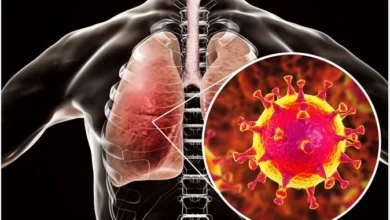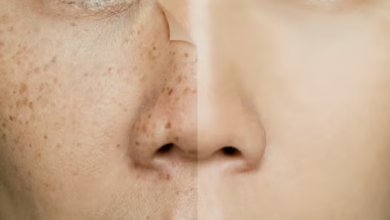Women’s Heart Health During Menopause: Risks and Tips

Women’s heart health is a critical concern, especially during the menopausal transition phase. Menopause is a natural phase in a woman’s life that signifies the end of her reproductive years. While it’s a normal biological process, it can bring significant changes to a woman’s body, particularly affecting heart health. Understanding the risks and taking preventive measures during this transition is crucial for maintaining a healthy heart.
Understanding the Connection Between Menopause and Heart Health
The hormonal changes during menopause, especially the decline in estrogen levels, can lead to various cardiovascular issues. Estrogen is known to have a protective effect on the heart, helping to maintain healthy blood vessels and cholesterol levels. As its levels drop, women become more susceptible to heart disease, which makes awareness of women’s heart health during this time essential.

Key Risks to Women’s Heart Health During Menopausal Transition
- Increased Blood Pressure: As estrogen levels decline, blood vessels become less flexible, leading to increased blood pressure. Hypertension is a significant risk factor for heart disease.
- Changes in Cholesterol Levels: The balance between good (HDL) and bad (LDL) cholesterol can be disturbed during menopause. Higher levels of LDL cholesterol can lead to the buildup of plaques in the arteries, increasing the risk of heart attacks.
- Weight Gain and Obesity: Many women experience weight gain during menopause, particularly around the abdomen. This can contribute to higher cholesterol levels and increased blood pressure, further elevating the risk of heart disease.
- Diabetes Risk: The metabolic changes during menopause can also increase the risk of developing type 2 diabetes, a significant risk factor for heart disease.
- Stress and Mental Health: The menopausal transition can be a challenging time emotionally, leading to stress, anxiety, and depression. Chronic stress is known to negatively impact heart health, making it important to manage mental well-being.
Preventive Measures to Protect Women’s Heart Health

- Regular Exercise: Engaging in regular physical activity can help maintain a healthy weight, lower blood pressure, and improve cholesterol levels. Aim for at least 30 minutes of moderate exercise most days of the week.
- Healthy Diet: A diet rich in fruits, vegetables, whole grains, and lean proteins can support heart health. Incorporating omega-3 fatty acids from sources like fish can help reduce inflammation and lower the risk of heart disease.
- Quit Smoking: Smoking is a major risk factor for heart disease. Quitting smoking can significantly improve heart health, even after menopause.
- Monitor Blood Pressure and Cholesterol: Regular check-ups to monitor blood pressure, cholesterol, and blood sugar levels can help detect early signs of heart disease and take timely action.
- Manage Stress: Techniques such as meditation, yoga, and deep breathing exercises can help reduce stress levels and improve overall well-being.
Conclusion
The menopausal transition is a critical time for women to pay extra attention to their heart health. By understanding the risks and adopting a proactive approach, women can protect their hearts and ensure a healthy life post-menopause. Prioritizing women’s heart health during this phase can lead to better outcomes and reduce the risk of cardiovascular diseases.
If you have any queries related to medical health, consult Subhash Goyal or his team members on this given no +91 88008 25789, +91 99150 99575, +918283060000



